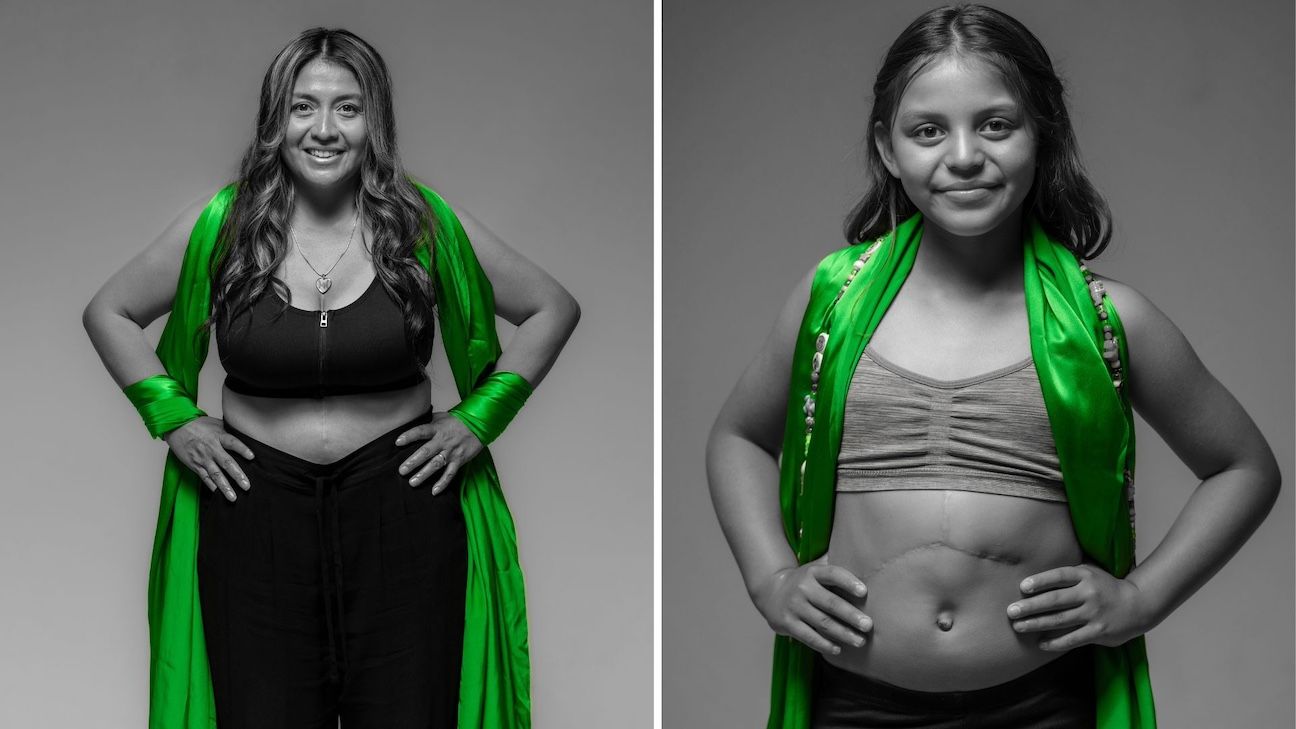saving lives through canada's living organ donation program: a mother’s love and a second chance
once betsy budziak and her family heard there was a way to save her daughter's life without the death of another child, they jumped at the opportunity.
musician gets a new lease on life after deep brain stimulation for parkinson's disease
deep brain stimulation gives fabio dwyer his hands back, showing how effective it can be for some parkinson's patients.
what it feels like: falling behind with asthma and learning how to catch up
“i just wasn't really able to have a normal childhood,” josh rheaume explains, speaking out about stigma associated with asthma so that other kids don’t have to live his reality.
 5 minute read
5 minute read












